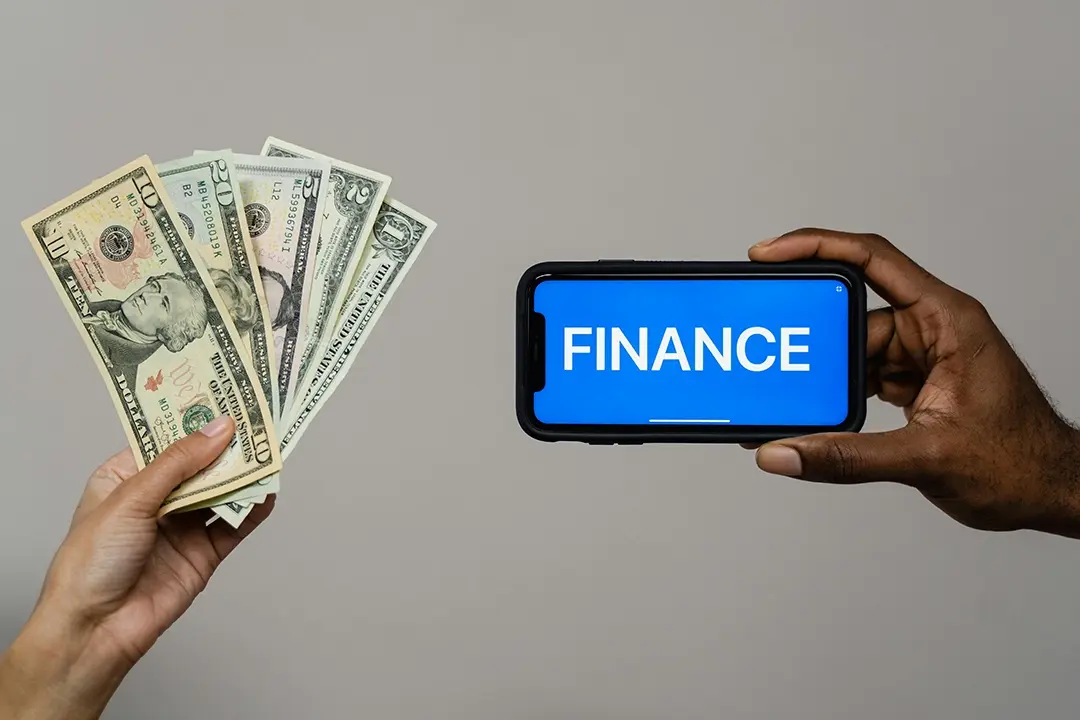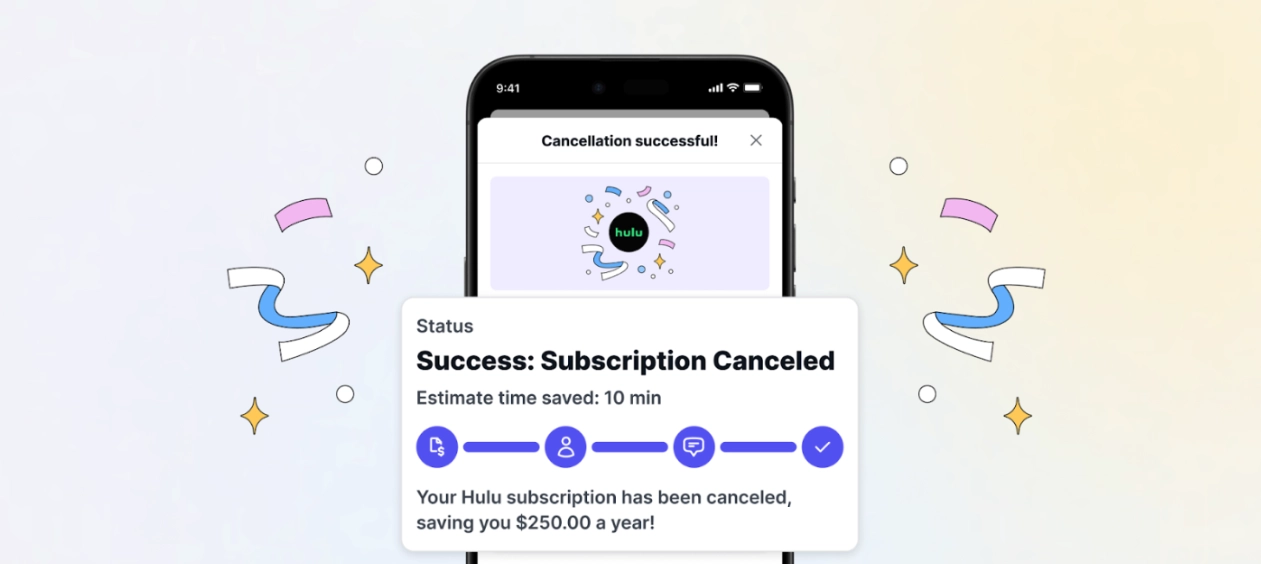
Kudos has partnered with CardRatings and Red Ventures for our coverage of credit card products. Kudos, CardRatings, and Red Ventures may receive a commission from card issuers. Kudos may receive commission from card issuers. Some of the card offers that appear on Kudos are from advertisers and may impact how and where card products appear on the site. Kudos tries to include as many card companies and offers as we are aware of, including offers from issuers that don't pay us, but we may not cover all card companies or all available card offers. You don't have to use our links, but we're grateful when you do!
Does Cosigning a Student Loan Affect Your Credit Score?
July 1, 2025


Quick Answers
When you cosign a student loan, the entire loan amount appears as a debt on your credit report, potentially impacting your debt-to-income ratio.
Consistent, on-time payments made by the primary borrower can positively contribute to your credit history and potentially boost your score.
Conversely, any missed or late payments will be reported on your credit file, negatively affecting your credit score just as if you missed a payment on your own loan.
What Does It Mean to Cosign a Student Loan?
Cosigning a student loan means you are legally agreeing to take full responsibility for repaying the debt if the primary borrower fails to do so. Lenders often require a cosigner when a student applicant has a limited credit history or insufficient income to qualify on their own. Your established financial standing helps the student secure the loan, potentially with more favorable terms than they could get alone.
This financial agreement directly ties to your credit profile, as the loan appears on your credit report just as it does for the primary borrower. Timely payments made on the loan can positively influence your credit history over time. Conversely, any missed or late payments are also reported on your credit file, which can negatively impact your credit score.
How Cosigning a Student Loan Can Affect Your Credit Score
Cosigning a student loan is a significant financial commitment that directly impacts your credit. The loan appears on your credit report, influencing your score from the moment you sign the papers.
- Initial Credit Check: When the lender processes the loan application, they will perform a hard inquiry on your credit. This can cause a temporary, minor dip in your credit score.
- Increased Debt Load: Once approved, the student loan is added to your credit report as if it were your own debt. This increases your total debt obligations, which can affect your debt-to-income ratio and your ability to qualify for new credit.
- Shared Payment History: The primary borrower's payment activity is reported on your credit history. Consistent, on-time payments can help build a positive record, but any late or missed payments will negatively impact your score directly.
- Long-Term Responsibility: The loan remains on your credit report for its entire duration, often 10 years or more. You are legally responsible for the full amount until it is paid off, refinanced, or a cosigner release is granted.
How Much Will Cosigning a Student Loan Affect Your Credit Score?
Cosigning a student loan can impact your credit in several ways, both immediately and over the long term. Here are the key factors to consider before you commit.
- Initial Credit Inquiry. When the lender checks your credit, it results in a hard inquiry on your report. This can temporarily lower your score by a few points but typically recovers within a few months.
- Increased Debt Load. The loan adds to your total debt, which can raise your debt-to-income ratio. Lenders review this ratio closely when you apply for future credit, like a mortgage or car loan.
- Shared Payment History. The loan's payment history appears on both your credit report and the student's. Any late or missed payments made by the primary borrower will negatively affect your credit score directly.
How You Can Avoid Cosigning a Student Loan Affecting Your Credit Score
Explore Cosigner Release Options
Many private lenders offer a cosigner release program. This allows you to be removed from the loan after the primary borrower makes a specific number of on-time payments and meets certain income and credit criteria. Inquire about this possibility before you cosign.
Consider Student Loan Refinancing
Once the student borrower establishes a good credit history and stable income, they may qualify to refinance the loan. This process creates a new loan solely in their name, paying off the original debt and removing your legal and financial responsibility.
Maintain Open Communication
Stay in contact with the primary borrower about the loan's status. Ensuring payments are made on time helps you address potential issues before a missed payment occurs, which could negatively affect your credit score and financial standing. Proactive monitoring is key.
Ways to Improve Your Credit Score
Your credit score is dynamic, not set in stone, meaning you can always take steps to improve it. According to an expert guide for 2025, most people can see meaningful changes within just a few months of consistent, positive financial habits.
- Monitor your credit reports. Regularly check your reports from all three major bureaus—Experian, TransUnion, and Equifax—and dispute any inaccuracies you find to ensure your score is accurate.
- Establish automatic bill payments. Your payment history is the most significant factor in your score, so automating payments is the easiest way to ensure you never miss a due date.
- Reduce your credit utilization ratio. Aim to keep your credit card balances below 30% of your total credit limit, as high utilization can significantly lower your score.
- Become an authorized user. Being added to the credit card of someone with a long, positive credit history can help improve your score, provided their account is in good standing.
- Diversify your credit mix. Lenders like to see that you can responsibly manage different types of credit, such as revolving credit from cards and installment loans like mortgages or auto loans.
- Limit hard inquiries. Avoid applying for too much new credit at once, and use prequalification tools when shopping for loans to protect your score from unnecessary dings.
The Bottom Line
Cosigning a student loan makes you legally responsible for the debt. The loan appears on your credit report and will affect your score, depending on whether payments are made on time.
Frequently Asked Questions
Does cosigning a student loan always hurt my credit score?
Not necessarily. While it increases your debt load, consistent on-time payments by the primary borrower can actually help build a positive credit history for you both.
What happens to my credit if the primary borrower defaults?
A default is serious. It will significantly damage your credit score, and the lender can pursue you for the full amount owed, potentially through wage garnishment.
Can I get a new loan, like a mortgage, after cosigning?
It can be more difficult. Lenders see the cosigned loan as your own debt, which increases your debt-to-income ratio and may affect your eligibility for new credit.
Unlock your extra benefits when you become a Kudos member

Turn your online shopping into even more rewards

Join over 400,000 members simplifying their finances

Editorial Disclosure: Opinions expressed here are those of Kudos alone, not those of any bank, credit card issuer, hotel, airline, or other entity. This content has not been reviewed, approved or otherwise endorsed by any of the entities included within the post.



































.webp)

.webp)






